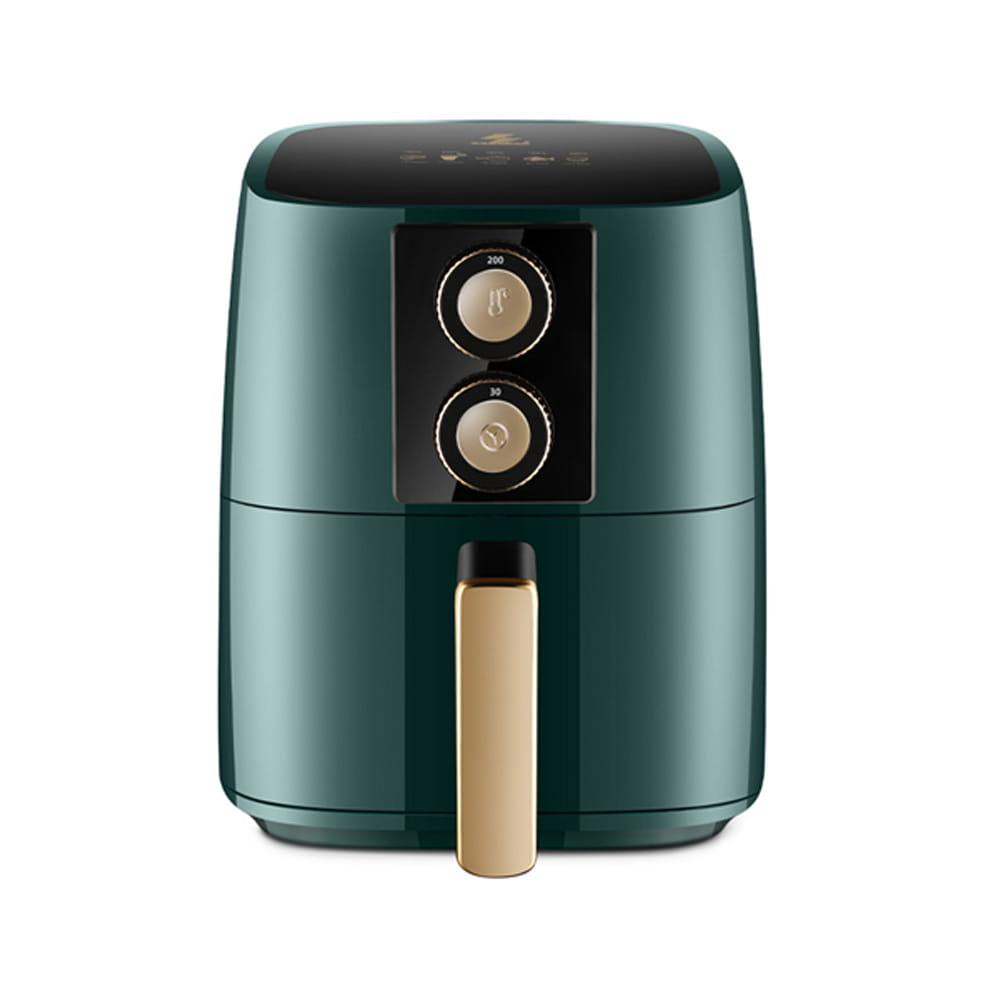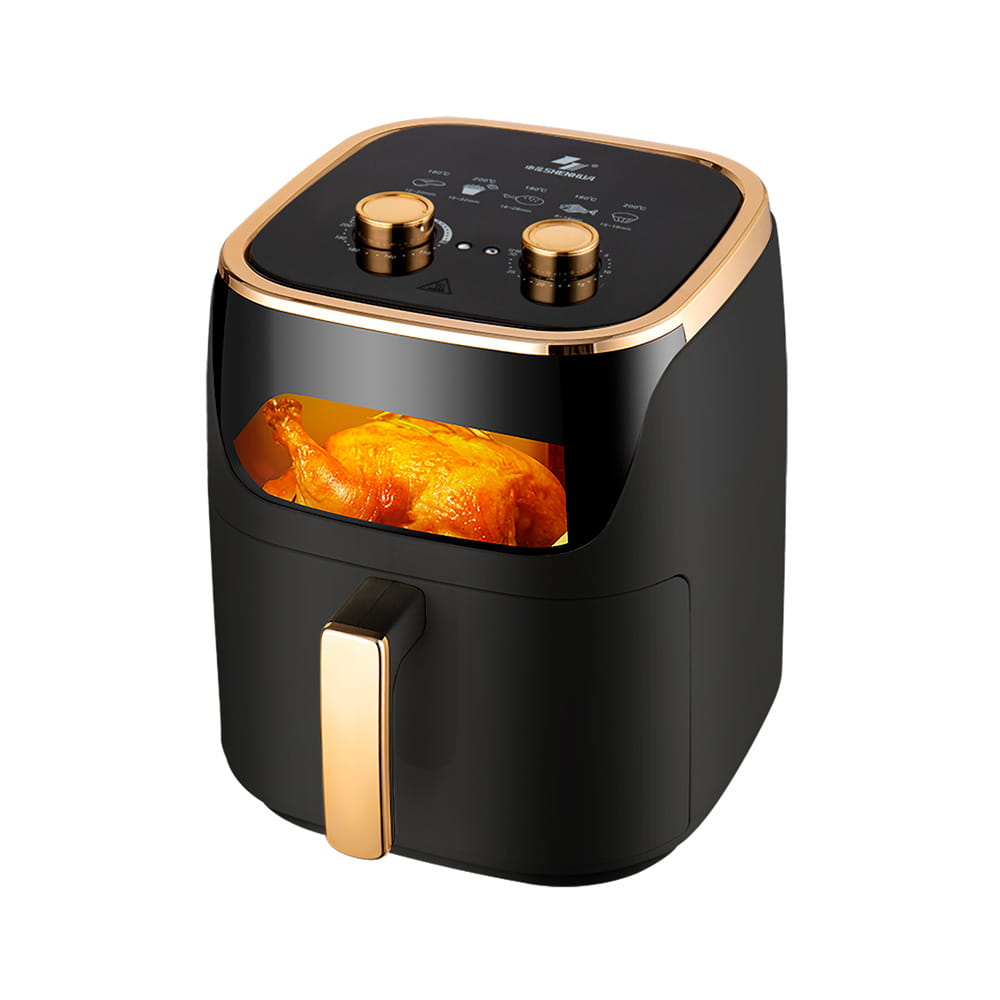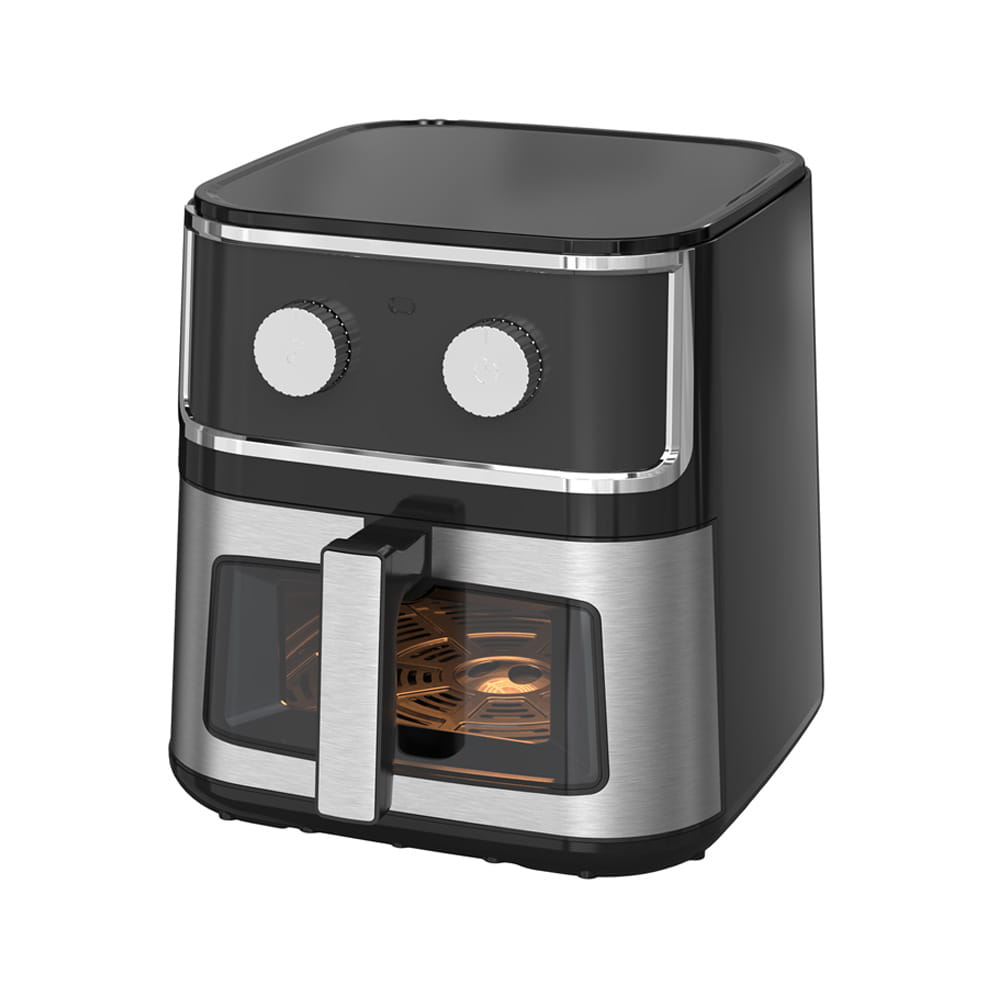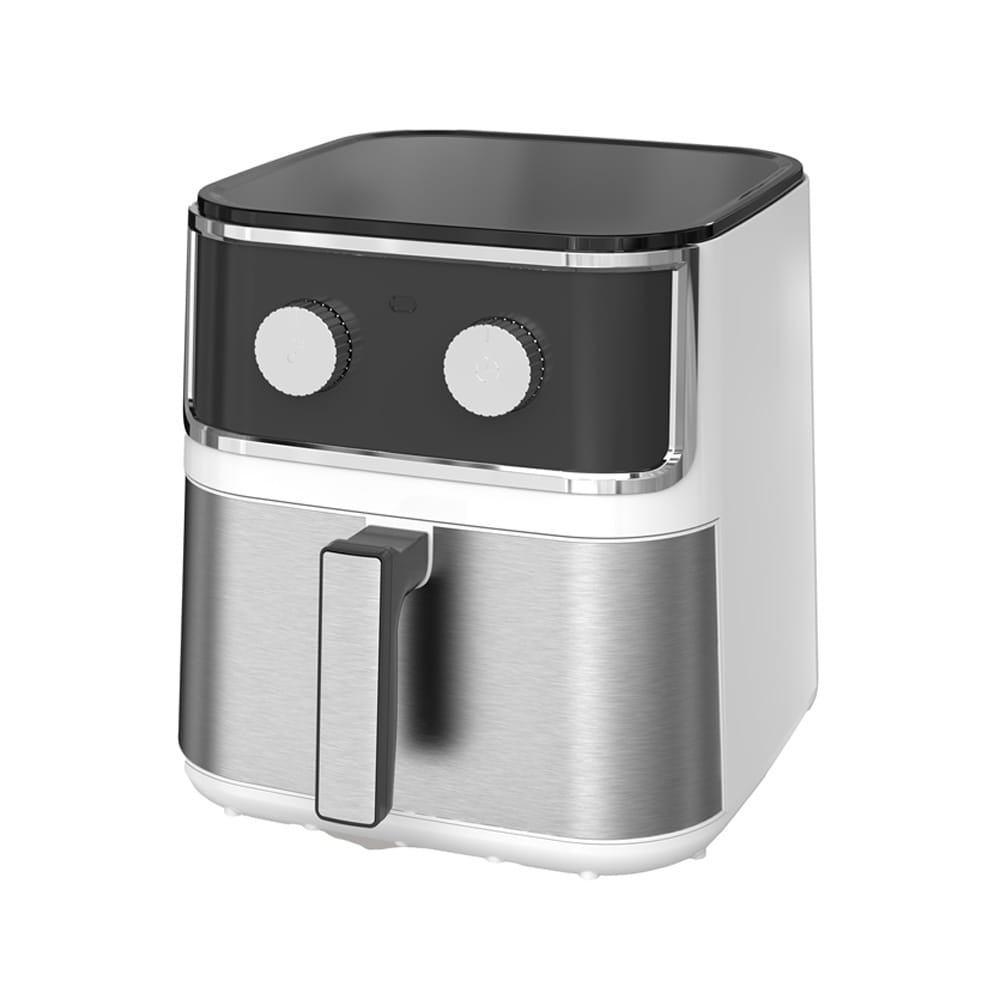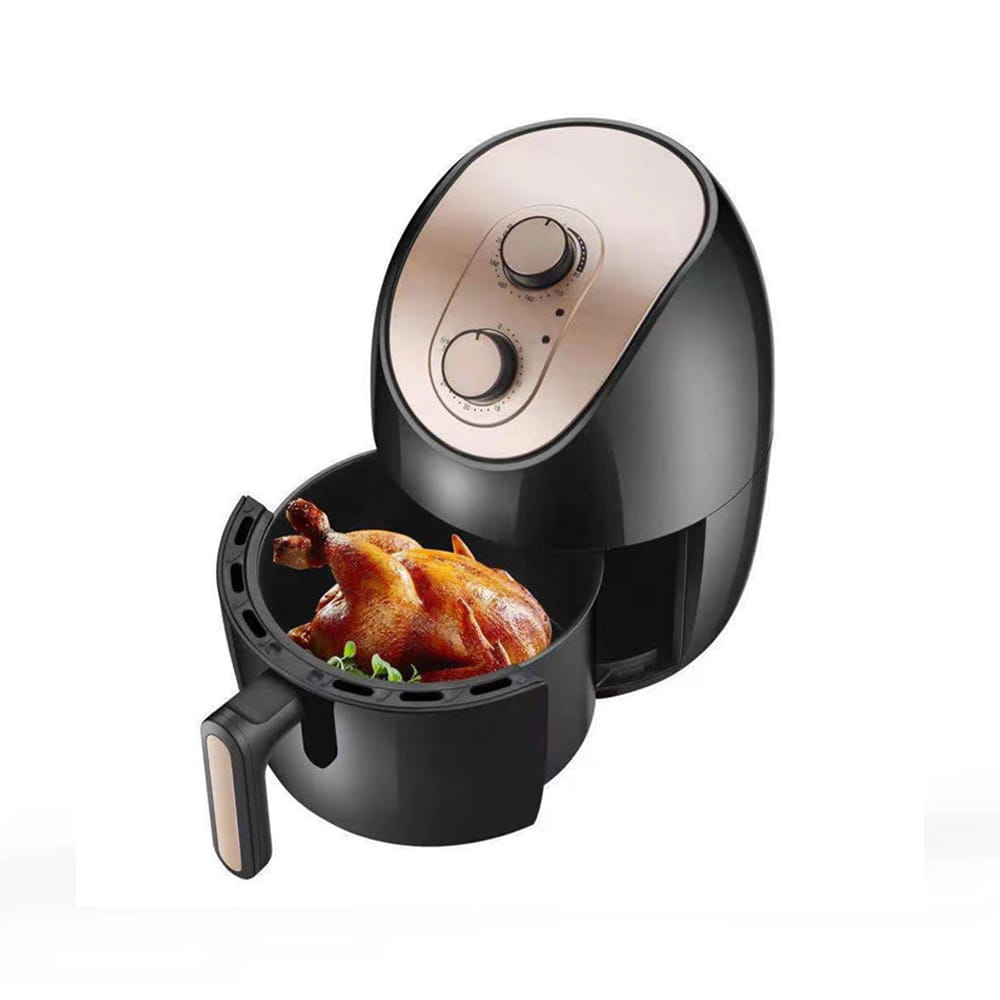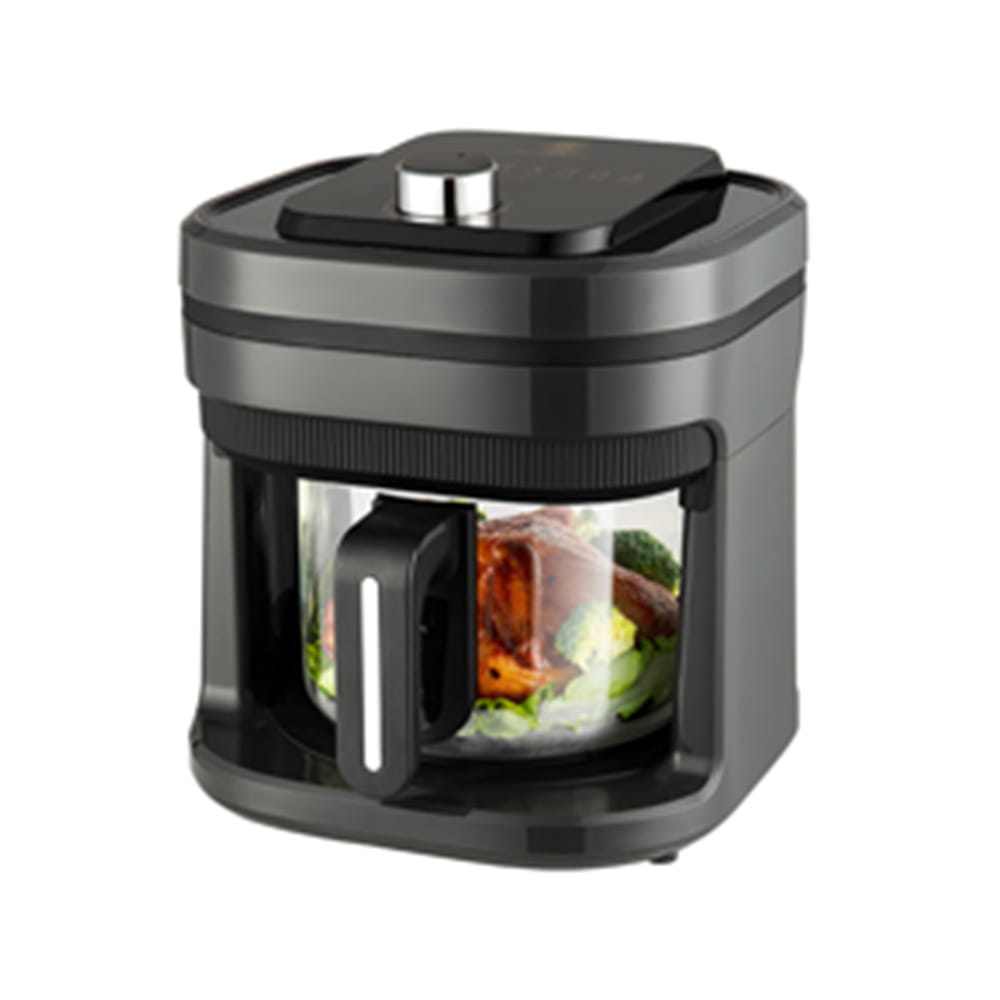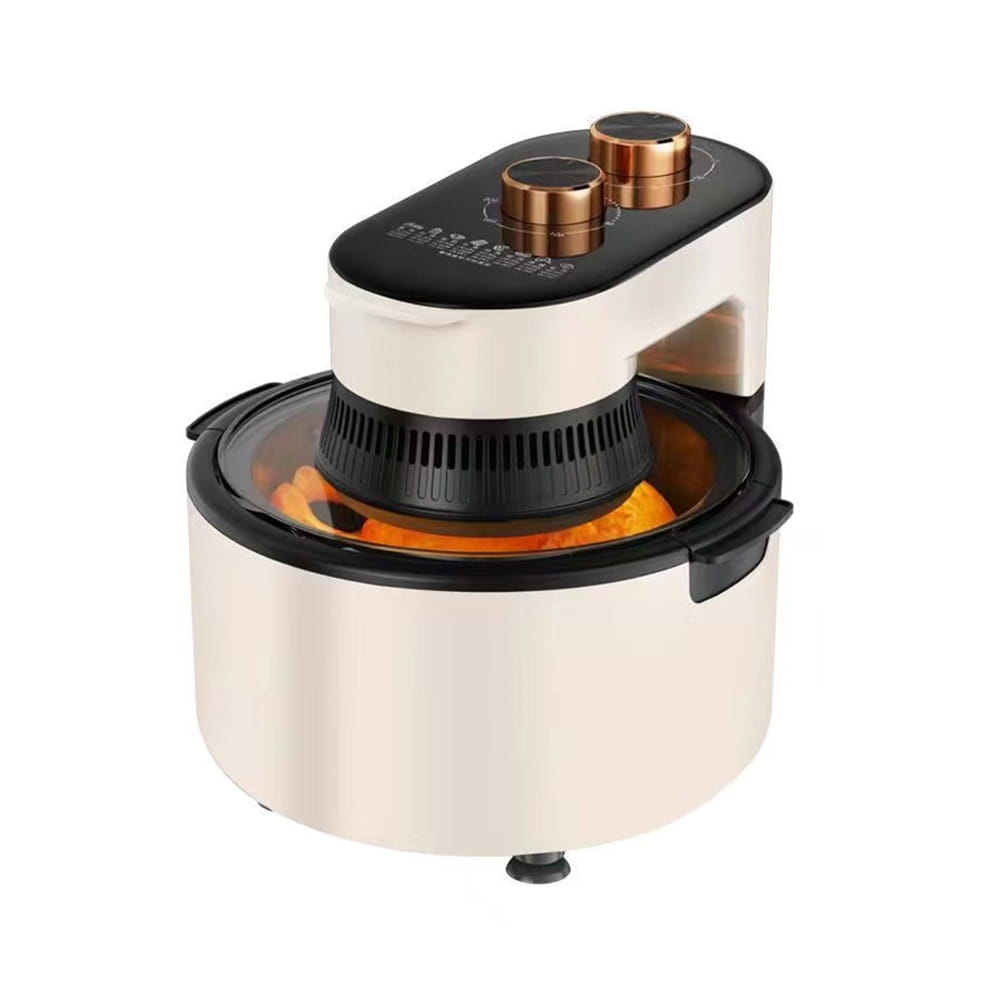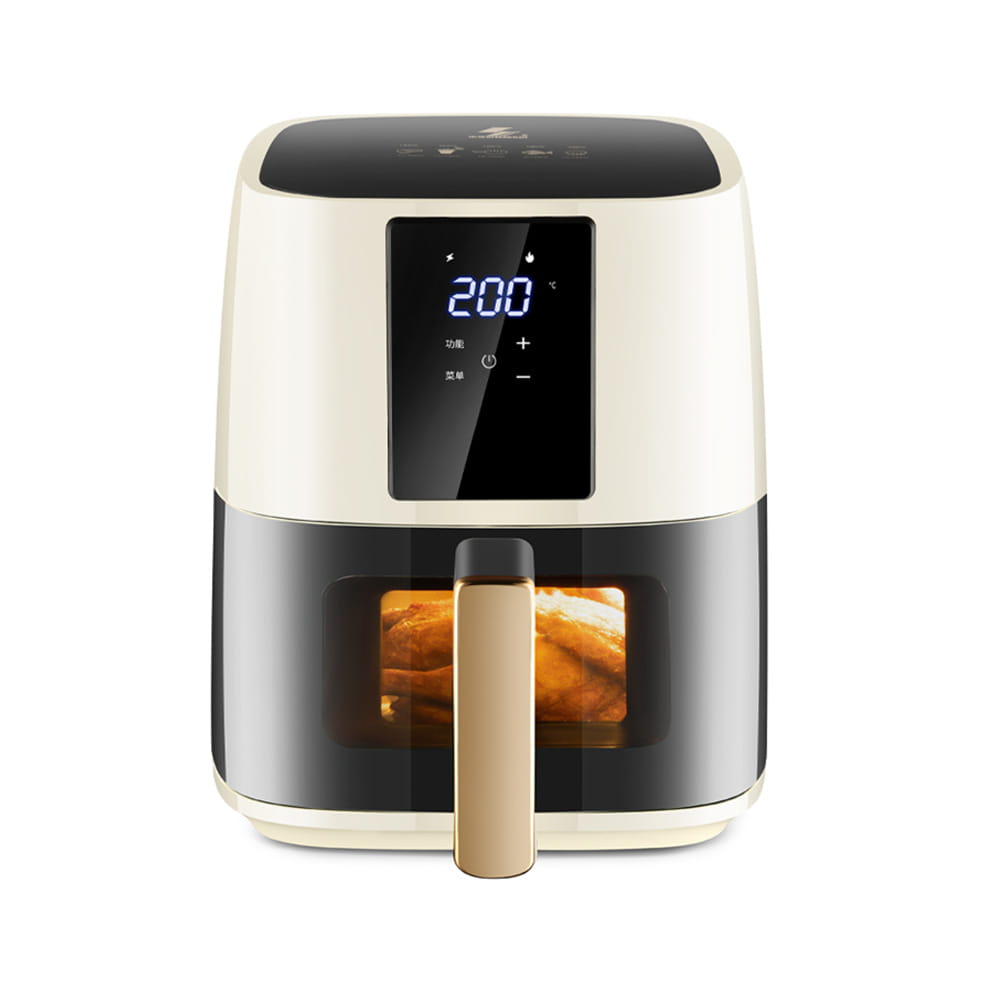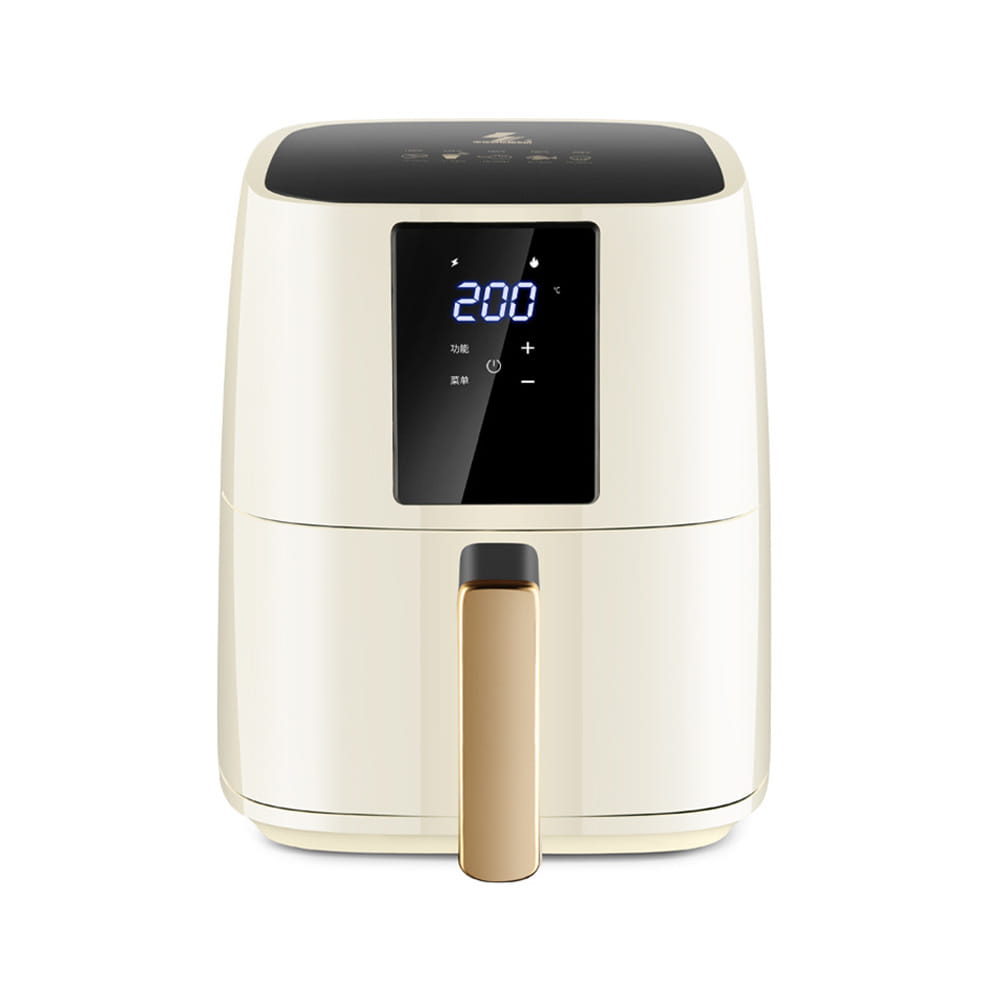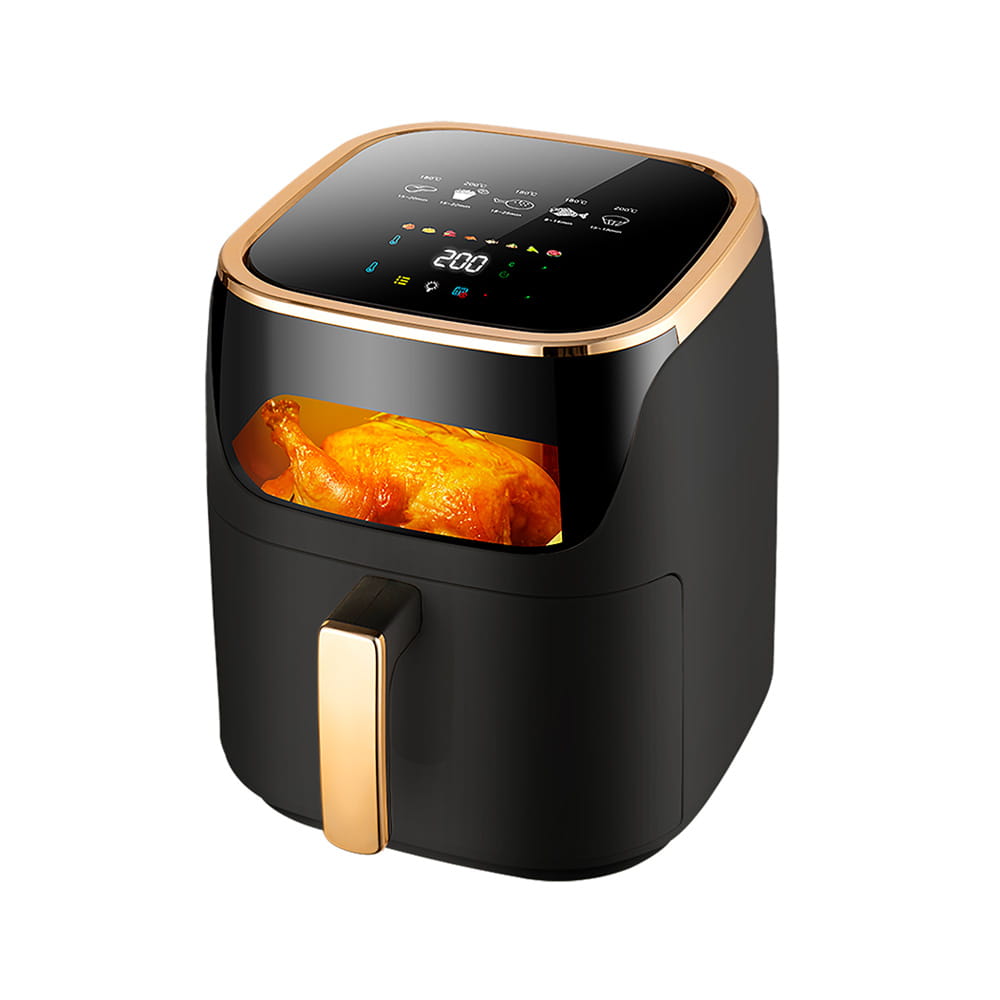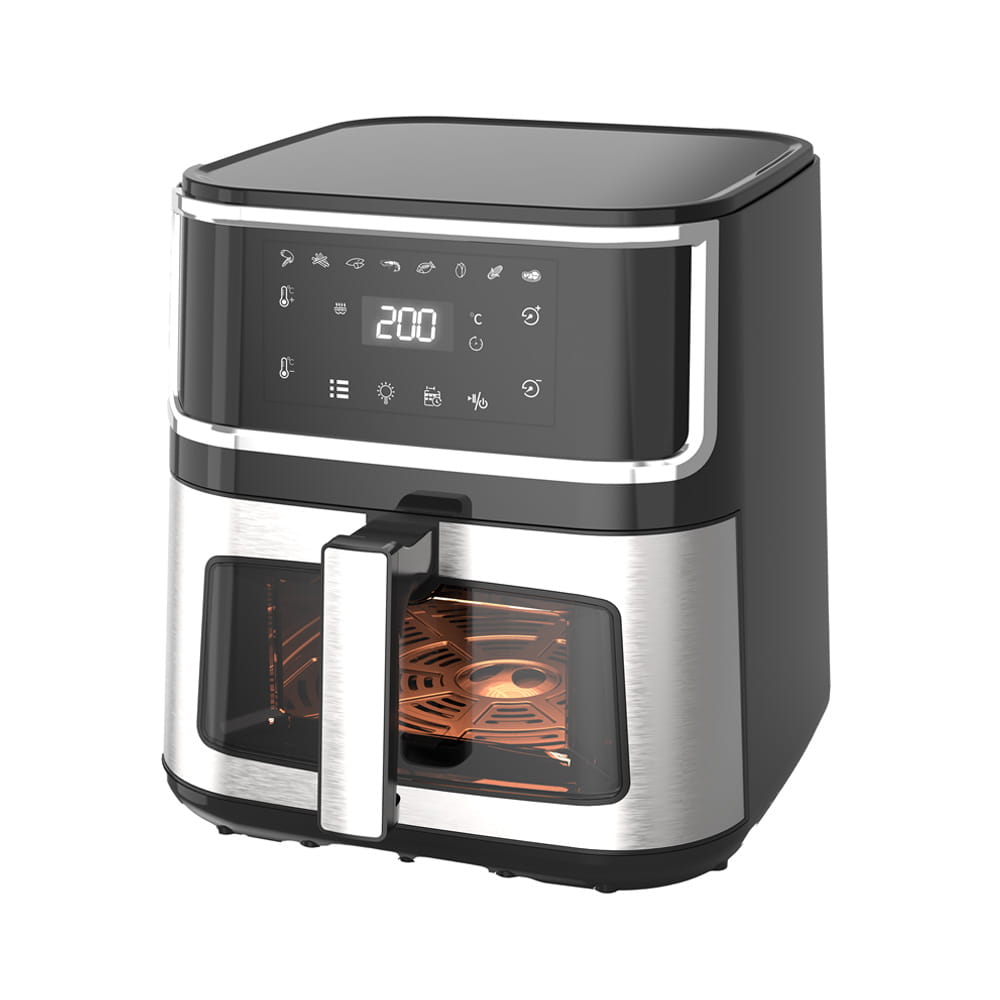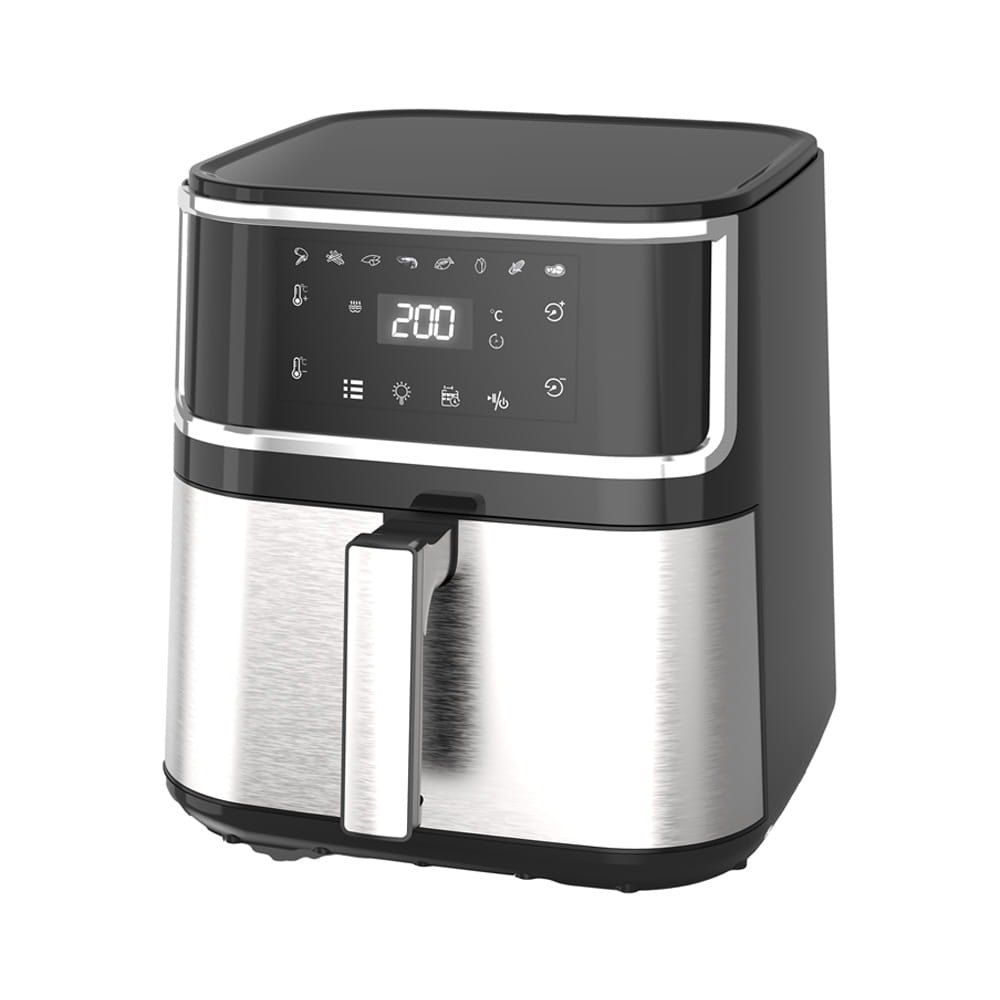Juicing Performance for Hard Fruits and Vegetables
The Power Juicer performs reliably with hard fruits and vegetables. Typical ingredients include carrots, apples, and beets, which have dense fibers and low water content. The high-speed centrifugal mechanism quickly cuts the pulp and separates the juice, resulting in a relatively high juice yield, typically reaching 70%-80%. Juicing from hard fruits and vegetables is clear and has a delicate taste. The stainless steel blades are less susceptible to blunting caused by the hard fibers, ensuring excellent cutting performance over extended operation. For home users who rely on carrot or apple juice as their primary beverage, the Power Juicer provides an efficient juicing experience.
Juicing Performance for Fibrous Leafy Vegetables
Celery, spinach, and wheatgrass are examples of fibrous vegetables. These vegetables are characterized by high fiber content and low free water content. During the Power Juicer's extraction process, the strong centrifugal force causes some of the juice to flow out with fibrous debris, resulting in a certain amount of particles in the juice. Compared to slower cold-press juicers, the juice yield is slightly lower, at around 60%. From a professional perspective, the Power Juicer's advantages lie in its ease of operation and speed. It can juice leafy vegetables in a short time, making it suitable for users who prioritize time efficiency.
Juicing High-Water-Content Fruits
The Power Juicer excels with high-water-content fruits such as oranges, watermelons, and grapes. These ingredients have thin cell walls and are rich in water. High-speed cutting allows for rapid release of juice, typically achieving yields exceeding 80%. Orange and watermelon juices retain a high degree of freshness during the juicing process, with excellent clarity and minimal separation. However, it's important to note that high-water-content fruits are prone to foaming during juicing, which can be improved by using a filter or static separation. Overall, the Power Juicer outperforms most slower-speed juicing machines for these types of ingredients.
Juicing Starchy Ingredients
Starchy ingredients like potatoes and pumpkin are not ideal for juicing with the Power Juicer. The high-speed rotary cutting process for these ingredients can easily cause starch particles to combine with water, resulting in a viscous juice and potentially clogging the filter. The resulting juice is less clear and has a heavier texture, closer to a paste. From a professional perspective, this isn't a performance issue, but rather a limitation of the ingredients. Therefore, in everyday use, the Power Juicer is more suitable for juicing ingredients with higher sugar and water content, rather than starchy ingredients.
Performance of Mixed Juicing
In real-world home use, users often combine different types of ingredients. For example, apples and celery, or carrots and oranges. The Power Juicer's mixed juicing process takes into account the characteristics of both firm fruits and vegetables and high-water content fruits. The fiber in the apples and carrots is fully chopped, and when combined with the moisture in the oranges, the overall taste is more balanced. While some fiber particles remain in the celery and apple combination, the nutritional value and taste are enhanced. Professional testing shows that the Power Juicer's overall performance when juicing mixed ingredients is superior to that of single fibrous ingredients.
The impact of ingredient differences on nutrient retention
Different ingredients also exhibit varying nutrient retention rates during the juicing process. While hard fruits and vegetables experience some loss of vitamin C and polyphenols due to high-speed rotation, overall nutritional levels are still high. High-water-content fruits, due to the shorter juicing time, retain higher nutrient levels. For leafy vegetables, some chlorophyll and antioxidants are easily oxidized by air during centrifugation, so juice should be consumed promptly to ensure nutritional integrity. From an industry perspective, the Power Juicer's nutrient retention performance is at a mainstream level, meeting the drinking needs of most households.

 English
English Español
Español